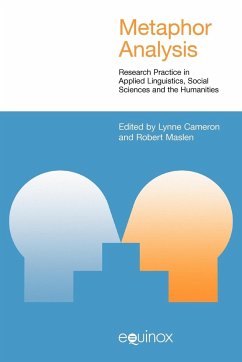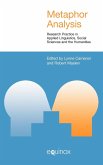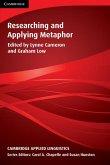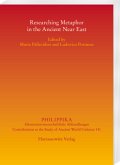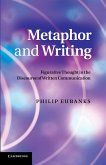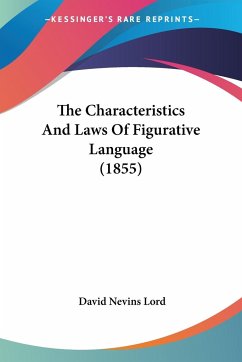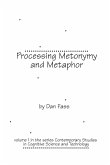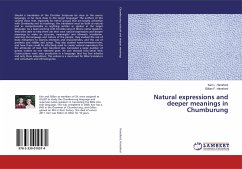Metaphor is recognised as an important way of thinking - constructing analogies and making connections between ideas - and an important way of using language - to explain abstract ideas or to find indirect but powerful ways of conveying feelings. By investigating people's use of metaphors, we can better understand their emotions, attitudes and conceptualisations, as individuals and as participants in social life. This book describes practice in the analysis of metaphor in real-world discourse. When real-world language use is taken as the site of metaphor study, researchers face methodological issues that have only recently begun to be addressed. The contributors to this volume have all had to find ways to deal with methodological issues in their own research and have developed techniques that are brought together here. Using as a basis the discourse dynamics approach to metaphor developed by the editor, the book explores links between theory and empirical investigation, exemplifies data analysis and discusses issues in research design and practice. Particular attention is paid to the processes of metaphor identification, categorisation and labelling, and to the use of corpus linguistic and other computer-assisted methods.
